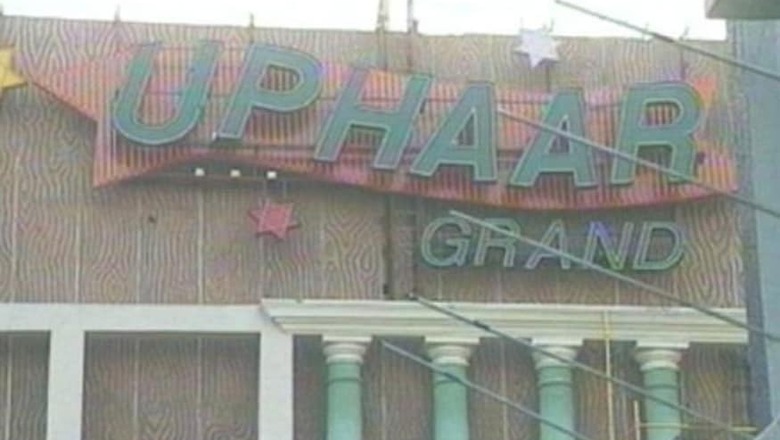
views
New Delhi: In a relief for industrialists Sushil and Gopal Ansal, the Supreme Court has refused to reconsider its verdict that had enabled the brothers to escape further jail term in connection with the death of 59 people in the blaze inside Delhi’s Uphaar cinema hall 23 years ago.
A bench headed by Chief Justice of India SA Bobde has dismissed the curative petitions, filed by the Association of the Victims of Uphaar Tragedy (AVUT), pleading for enhancing Ansal brothers' punishment.
By a judgment in 2015, the top court had ruled that a penalty of Rs 60 crore was adequate punishment for the owners of the movie hall and they were not required to go back to prison.
Sushil is “fairly aged” and his younger brother deserves “parity” with him, the apex court had then said. Sushil was then 75 while Gopal was 67.
Ansal brothers, who are real estate barons, had served a jail term between four to five months during the protracted legal wrangle since 1997.
Affirming this order, the Supreme Court bench, which also included Justices NV Ramana and Arun Mishra, has now held that there is no merit in the curative pleas and also turned down a request for allowing a hearing in the open court.
A curative petition is the final legal remedy in the top court. It is considered by the judges in their chambers unless otherwise allowed to be heard in the open court. Dismissal of the curative petitions marks the end of the legal battle for the victims of the fire tragedy.
The court order stated as: "We have gone through the curative petitions and the relevant documents. In our opinion, no case is made out within the parameters indicated in the decision of this Court in Rupa Ashok Hurra vs. Ashok Hurra & Another, reported in 2002 (4) SCC 388. Hence, the Curative Petitions are dismissed."
The curative petitions were considered on February 13 in the judges' chamber through circulation.
Ansal brothers were held guilty of "criminal negligence" in this case and were asked to pay Rs 30 crore each. The money was to be used by the Delhi government for setting up trauma centers or upgrading the existing ones.
The civil liability of compensation in this case was decided by the Supreme Court in 2011 when it ordered Rs 10 lakh each for the next of kin of victims above 20 years of age, and Rs 7.5 lakh for victims under 20 years.
Ansal brothers, who owned Ansal Theatre and Clubotels (P) Ltd which ran Uphaar cinema, were asked to pay 85 per cent of the total compensation awarded.
In 2007, the trial court sentenced the Ansal brothers to two years in jail but next year the Delhi High Court reduced the sentence by half.
In the Supreme Court, Ansals were represented by veteran lawyer Ram Jethmalani. In 2014, the two judges in the Supreme Court confirmed the conviction but gave a split verdict on the punishment for Ansals.
The matter was then placed before the three-judge bench, which said the "ends of justice would meet" if Ansal brothers were made to pay Rs 30 crore each.











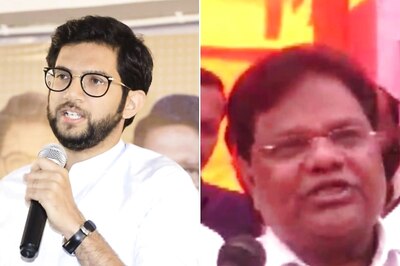
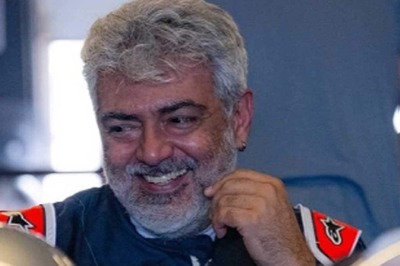



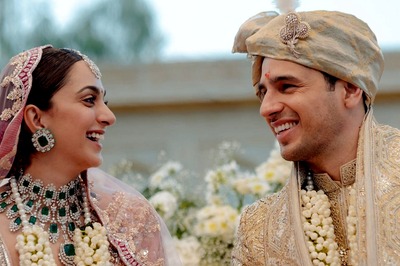
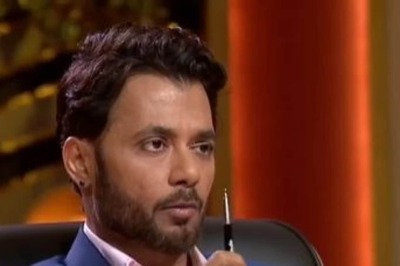


Comments
0 comment